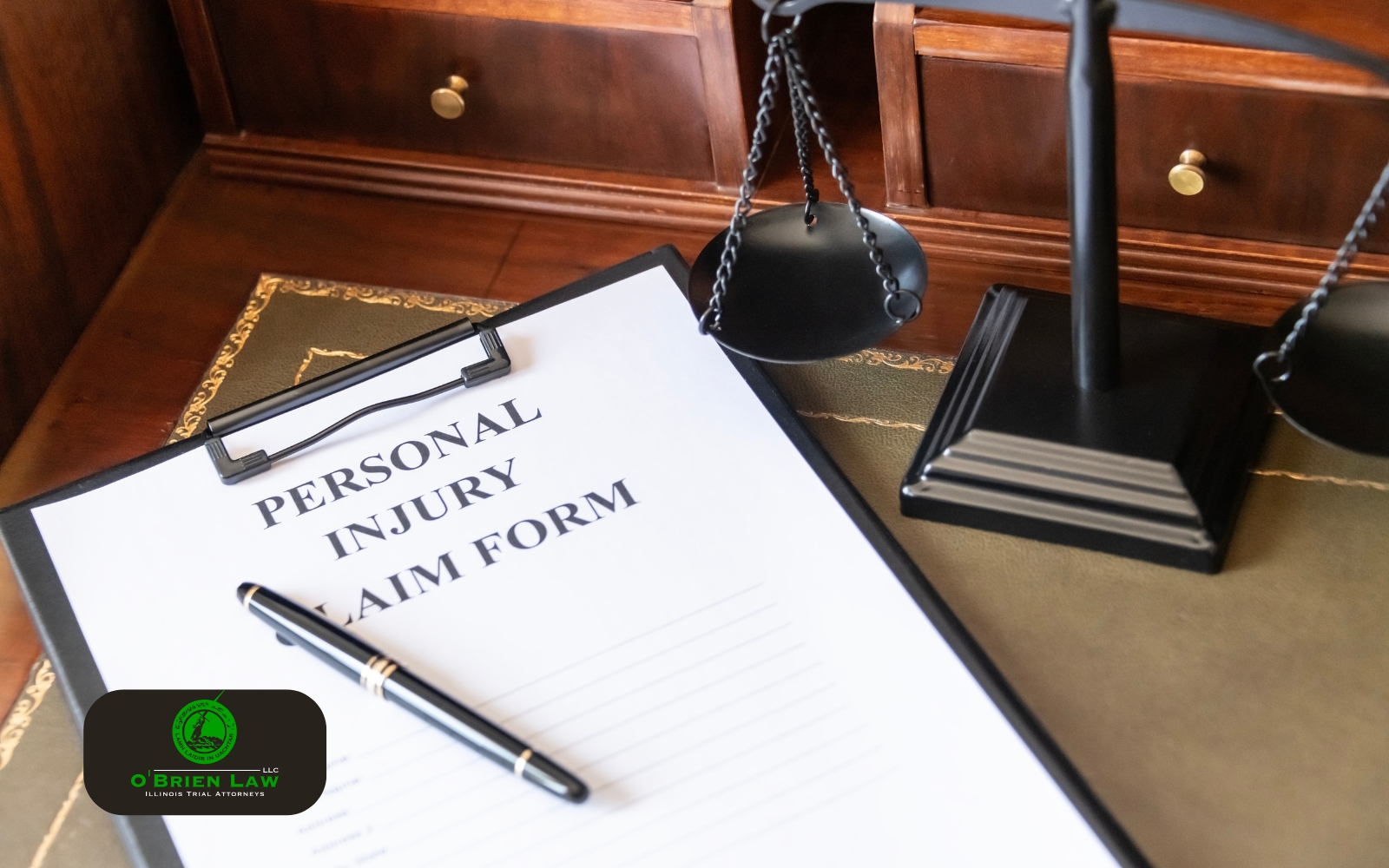When you’re injured in an accident, determining who’s at fault is a key part of any personal injury claim. But what happens if you share some of the blame? In Illinois, the legal concept of comparative fault (also known as modified comparative negligence) plays a significant role in how compensation is awarded when more than one party is responsible for an accident.
What Is Comparative Fault?
Comparative fault means that each party’s level of responsibility for an accident is assessed and factored into the outcome of the claim. Rather than a simple “all-or-nothing” approach, this system allows injured parties to recover compensation, even if they are partially at fault, so long as their share of the blame is not more than 50%.
For example, if you’re found to be 20% at fault in a car accident and awarded $100,000 in damages, your compensation would be reduced by 20%, leaving you with $80,000.
Illinois Uses Modified Comparative Negligence
Illinois follows a modified comparative negligence rule with a 51% bar, which means that if you are found more than 50% at fault, you cannot recover any damages. This encourages fair responsibility while still allowing injury victims to receive compensation when someone else is primarily to blame.
This rule applies to a wide range of personal injury claims, including car accidents, slip and fall incidents, workplace injuries, and more.
How Fault Is Determined
Fault is established through evidence, including police reports, witness statements, medical records, photos, and expert testimony. Insurance adjusters or a court will analyze the facts to assign a percentage of fault to each party. Having an experienced personal injury attorney is essential for presenting your case clearly and minimizing your share of the blame.
Why It Matters
Understanding how comparative fault works in Illinois can significantly impact the outcome of your claim. If you’re not aware of the 51% rule, you might unknowingly say or do something that shifts more blame onto you, reducing or eliminating your ability to recover compensation.
Protect Your Rights
If you’ve been injured in an accident, don’t assume partial fault means you have no case. Speak with O’Brien Law, who understands Illinois personal injury law and can help you navigate comparative fault rules to maximize your recovery. An attorney can gather evidence, negotiate with insurers, and ensure your side of the story is represented correctly. The sooner you get legal guidance, the better your chances of securing fair compensation.


